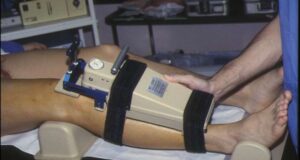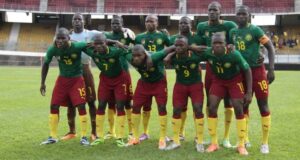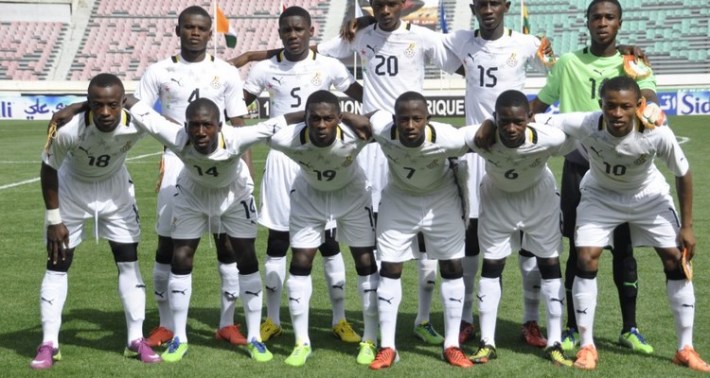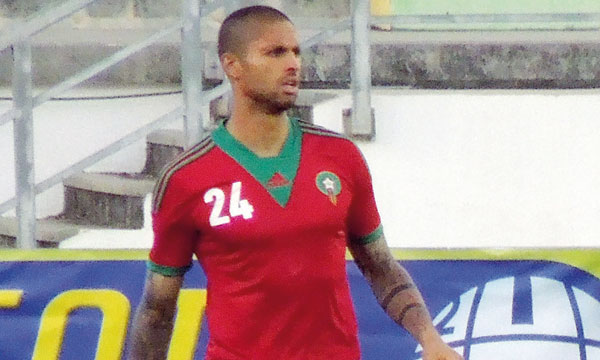MRI Scans Shake Up U17 AFCON Qualifiers Amid Rising Age Fraud Concerns
As the road to the 2015 U17 Africa Cup of Nations (AFCON) continues, a new acronym is dominating African football headlines: MRI. With the Confederation of African Football (CAF) enforcing magnetic resonance imaging tests in this round of qualifiers, the issue of age fraud—long a stain on African youth football—has taken center stage once more.
Over the weekend, the continent witnessed the first-leg matches of the second qualifying round for Niger 2015. But beyond the action on the pitch, much of the talk was about those sidelined by CAF’s newly mandated MRI scans—bone age assessments used to ensure players fall within the tournament’s U17 age category.
A Widespread Problem
Age fraud has plagued African football for decades. Many national teams have faced accusations of fielding overage players in youth competitions. In one notorious case, Côte d’Ivoire, the reigning African U17 champions at the time, were found guilty of age manipulation.
“Football has become so economical that all the players’ parents want to have a means of subsistence by lowering the age of their children to give them more hope,” said Clément Nguessan, National Technical Director of the Ivorian Football Federation (FIF).
The stakes are high. Age-cheating players are often seen as more likely to attract European scouts and professional contracts, incentivising falsified documents and backdated birth certificates.
Recently, Gambia was suspended by CAF for fielding players over 20 during the U20 AFCON qualifiers for Senegal 2015. The controversy often extends beyond the pitch. A passing remark by José Mourinho in December 2013 questioning Samuel Eto’o’s age ignited a media firestorm, underlining the sensitivity surrounding the topic.

Do the MRI Tests Work?
The MRI method focuses on the development of wrist bones and is regarded as up to 99% accurate for players aged 17 or under. It’s not perfect—but it remains the best tool currently available to CAF. And it’s already had a significant impact.
Several countries were forced to overhaul their squads. Notably, Togo and Senegal saw 38 players fail their MRI tests. According to the Togolese Football Federation (FTF), only 15 players passed the initial scan. A second round of examinations was needed to complete the team with eight more eligible players.
Despite the scans, suspicions persist. After Cameroon’s 2-0 win over Burkina Faso, social media was awash with claims that the “Lion Cubs” were overage. Botswana also voiced concerns about the age of Zambia’s players following their 1-0 defeat in Lusaka.

A Long Battle Ahead
“We cannot cast shame on Cameroon alone, because in Africa, almost all national teams cheat on the age of players to increase their chances of signing with clubs in Europe,” wrote Football226, a Burkinabè football news outlet.
CAF’s commitment to tackling the problem is clear. All teams reaching the final tournament in Niger in 2015 will undergo another round of MRI scans. But some believe the damage may already be done—honest teams could be eliminated by squads fielding ineligible players earlier in the process.
The roots of the problem are deep. Poverty, lack of training infrastructure, and limited career opportunities force many young Africans into difficult choices—age fraud often being one of them.
While CAF’s intervention is a critical step forward, football authorities, federations, and clubs across Africa must work together if this deeply embedded issue is to be fully resolved.












